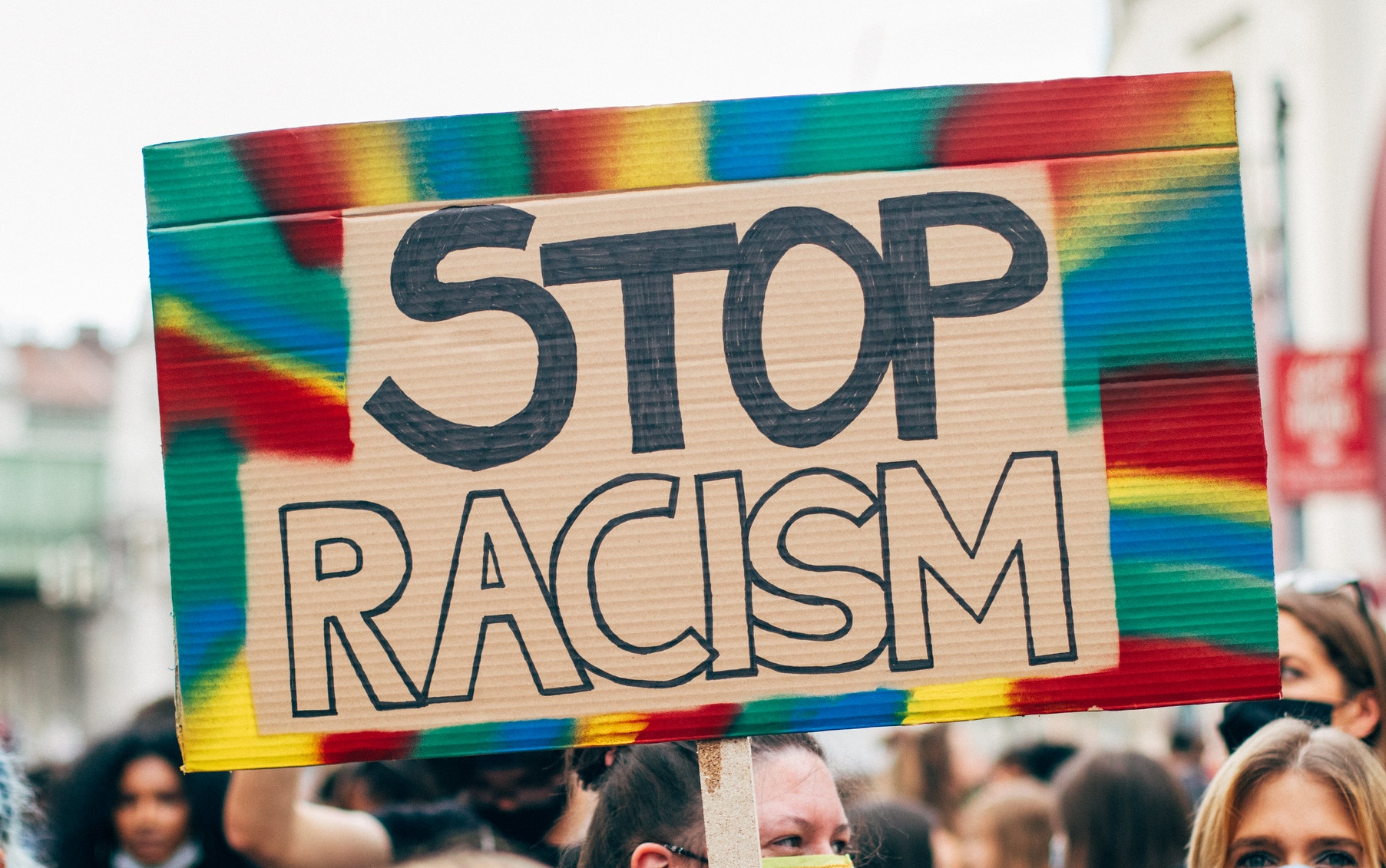What Does the Bible Say About Racism?
A quick glance at the news or social media will show that humanity is devastated by the sin of racism. The Tree of Life Synagogue shooting in 2018, the El Paso Walmart shooting in 2019, and the murder of Ahmaud Arbery are all examples of racists targeting Jewish people, Hispanics, and African Americans respectively. These are all strikingly similar examples, but racism can occur across a spectrum of actions. Murdering someone because of his or her race and making a joke at the expense of someone’s ethnicity are both racist actions, although at different ends of the spectrum. At its core, racism assigns superiority to one race over another. While a current problem, it is not a new problem; it existed during biblical history, which is why racial unity is a huge theme throughout the Scriptures.
To sustain the ideology of racial superiority, one would have to deny the fact that all people have the same origin and/or that all people are equally as human as another. Genesis tells the story of God creating the first man and woman — Adam and Eve (Genesis 1:26–31). The story reveals that it was through this couple all of humanity came. What is even more remarkable is that through this couple, we find our origins in the same God who made humanity in His own image (Genesis 1:27). Being made in God’s image means that “humanity was created to represent God on the earth and to rule over all things in His name.”1 He created us as equals who were put on the earth to steward creation and know the God who made us.
The Hebrew Scriptures also teach people to remember how they were mistreated and to act differently. Moses instructed the Jewish people to, “Love the sojourner, therefore, for you were sojourners in the land of Egypt” (Deuteronomy 10:19). In this command, God called His people to remember the story of Passover. Every year Jewish people worldwide retell the story of how the Jewish people were singled out as a specific ethnic group who were seen as a threat to the Egyptian kingdom (Exodus 1:9–10). Forgetting the immense impact of Joseph’s life, Pharaoh enslaved the people of Israel to control them, but God redeemed His people out of Egypt with an outstretched arm and acts of judgment. In the Torah, Israel is told to remember the discrimination and abuse that she experienced and to never treat someone who is traveling through the land of Israel in this way. The reason given for acting in this manner is so they will reflect the nature and image of God, who is just and impartial, which is shown in His love for sojourners from other nations regardless of ethnicity or skin color (Deuteronomy 10:17–18).
Jesus echoed these same values in his famous story of the Good Samaritan in Luke 10:25–37. In a conversation with Jesus, a lawyer, wishing to prove his perfect obedience of the Torah, asked, “Who is my neighbor?” Jesus responded by telling him a story about a traveler who was attacked by thieves and left for dead. Two Jewish religious leaders —a priest and a Levite —saw the man in need and ignored him, but along came a Samaritan who took pity on the man and helped him in every way possible. To truly understand the gravity of the Samaritan’s actions, we must note that Jewish people and Samaritans had nothing to do with one another (John 4:9). There was a deep, historical, religious, and ethnic rift between these two communities. When Jesus introduced the Samaritan in the story, the audience would have expected him to be the villain, but “Jesus deliberately chose an outsider, and a hated one at that, for his hero in order to indicate that being a neighbor is not a matter of nationality or race.”2
After telling the story, Jesus asked, “Which of these three”—the priest, Levite, or Samaritan—”do you think, proved to be a neighbor to the man who fell among the robbers?” (Luke 10:36). The lawyer responded, “The one who showed him mercy” (Luke 10:37). The lawyer could not even bring himself to say that a Samaritan had done a righteous deed! Then Jesus commanded the lawyer to be like the Samaritan who showed loving care toward someone despite racial tension. Imagine the boiling anger that would have been produced from being told to be like the person you hated! Jesus used this example to highlight the sin of racism in the lawyer’s heart and show him that his racist ideas — the idea that he did not have to treat a non-Jewish person as his neighbor and equal —could not be justified.
The stories of creation, Passover, and Jesus illustrate God’s total rejection of racism and His intention for us to love one another as He has loved us. This is shown in no clearer way than through Jesus coming to give His life for people all over the world. There are no second-class citizens in God’s kingdom as we all come to God in the same way —through Jesus’ death and resurrection (Colossians 3:11; Galatians 3:28). Through His sacrifice, we are reconciled to God and to each other (Ephesians 2:16). What a day that will be when those whom God has redeemed from every nation, tribe, and language stand together and worship Him in His kingdom (Revelation 7:9)!
The sin of racism attempts to elevate one race above another, and God vehemently abhors it. Instead, He desires to unify all humanity through the Messiah, Jesus.
Image credit: Ivan Radic



 Ad Meskins
Ad Meskins




